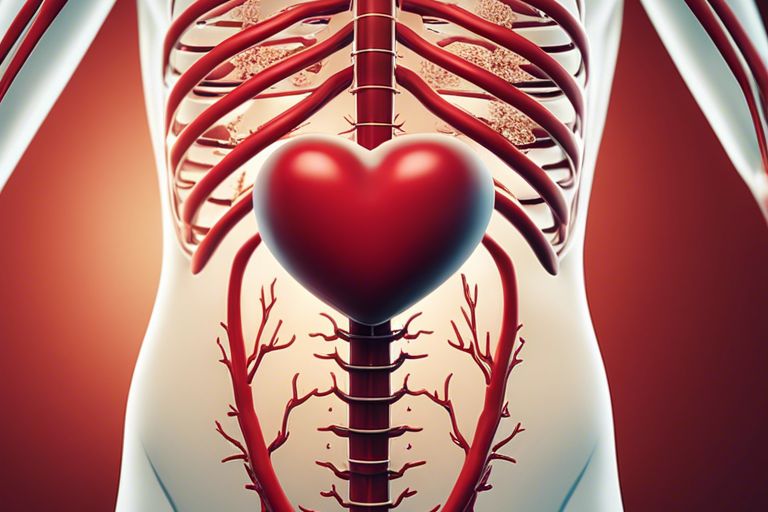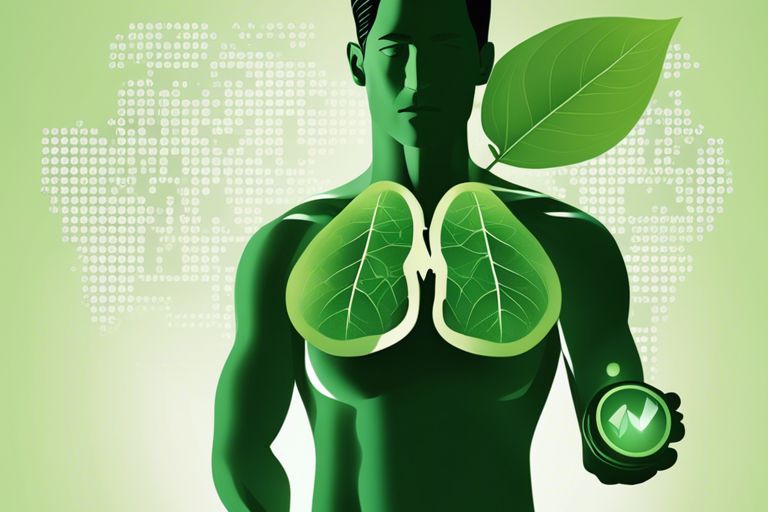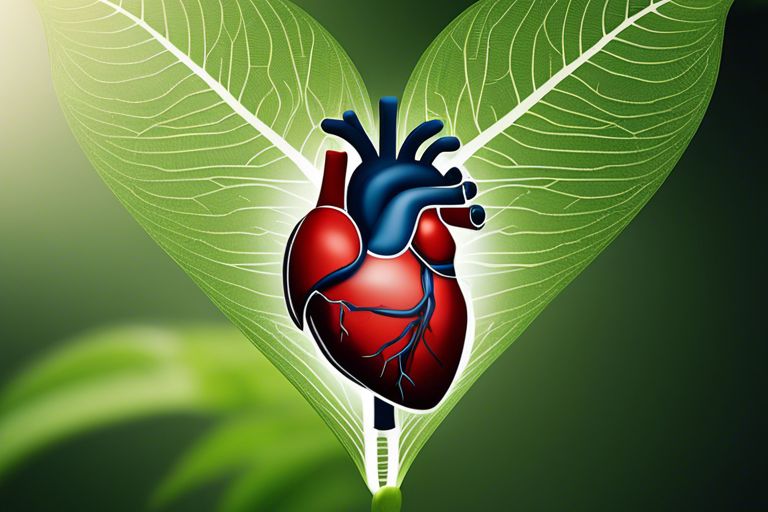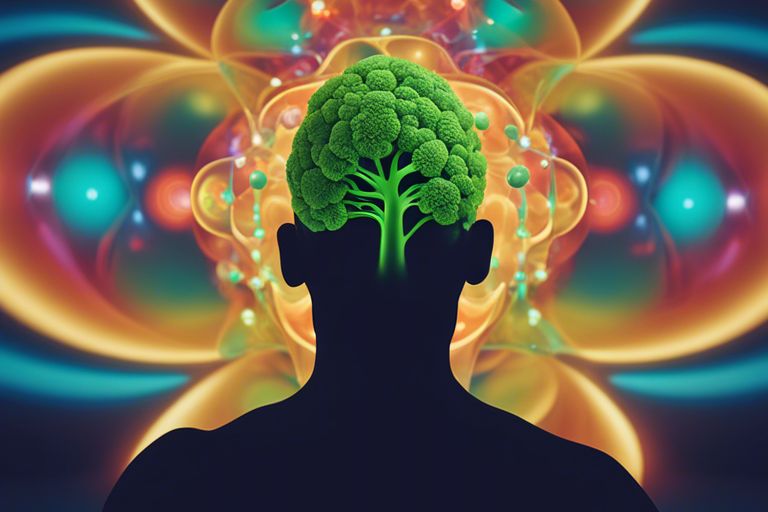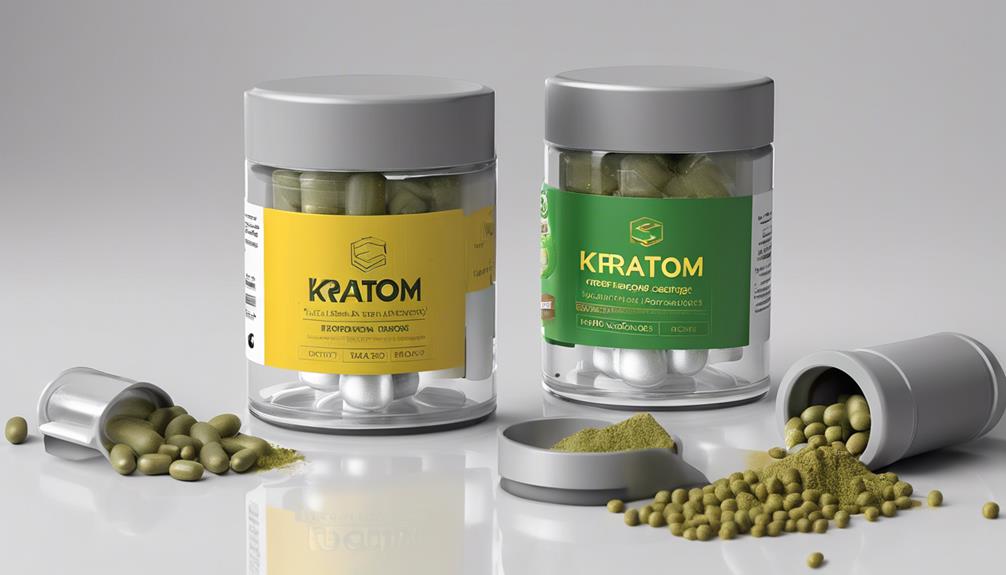There’s a growing concern over how kratom impacts the heart. While some believe in its potential health benefits, it’s crucial to understand the risks associated with this plant. Research suggests that kratom can cause increased heart rate and blood pressure, which can be dangerous, especially for individuals with heart conditions. It’s important to research deeper into how kratom affects the heart to make informed decisions about its use.
Key Takeaways:
- Kratom can have negative effects on the heart: Kratom has been linked to potential heart-related issues such as increased heart rate, palpitations, and high blood pressure.
- Individual reactions may vary: The impact of kratom on the heart can vary from person to person, depending on factors such as dosage, frequency of use, and the individual’s overall health.
- Consult a healthcare professional: If you have any pre-existing heart conditions or concerns about the impact of kratom on your heart, it is vital to seek advice from a healthcare professional before using this substance.
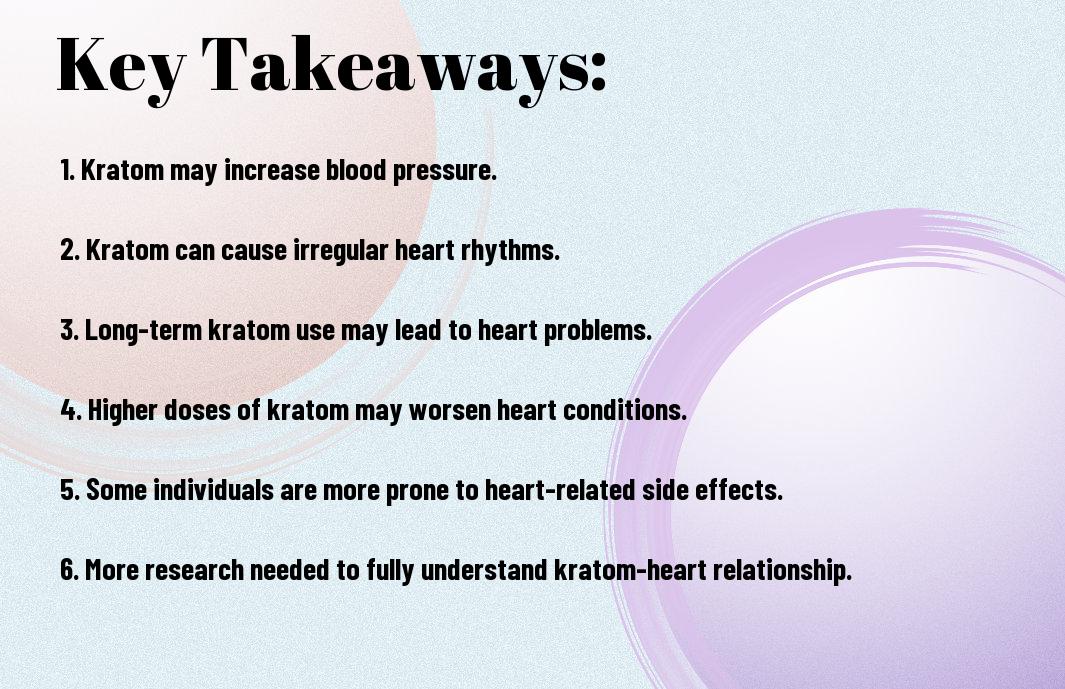
Kratom Basics
What is Kratom?
To Abstract 10262: High Output Cardiac Failure Due to Kratom, kratom is a tropical tree native to Southeast Asia. Its leaves are known for their psychotropic effects and have been traditionally chewed, brewed into tea, or used in traditional medicine. Kratom contains two main active alkaloids, mitragynine and 7-hydroxymitragynine, which interact with opioid receptors in the brain to produce stimulant effects at low doses and sedative effects at high doses.
History of Kratom Use
What we know about the history of kratom use stems from its traditional use in Southeast Asia for centuries. It has been utilized by workers for its stimulating effects to combat fatigue and increase productivity, as well as by individuals for its analgesic properties. Kratom has also been used in cultural and religious ceremonies in the region. However, it is crucial to note that in recent years, kratom has gained popularity in the Western world, with claims of its effectiveness for managing pain, anxiety, and opioid withdrawal symptoms.
It is important to exercise caution when using kratom due to its potential for dependence and addiction, as well as the risks of adverse effects on the heart and other organs. The FDA has raised concerns about kratom’s safety and its potential to be abused as a recreational drug. As with any substance, it is imperative to be informed about the potential risks and benefits before considering its use.
Cardiovascular System Overview
Even though the cardiovascular system is a complex network of organs and vessels, its main function is to circulate blood throughout the body, delivering oxygen and nutrients to cells while removing waste products. The heart, blood vessels, and blood work together to ensure that every part of the body receives the necessary resources to function optimally.
How the Heart Works
Any discussion about the cardiovascular system must begin with an understanding of how the heart functions. The heart is a muscular organ that acts as a pump, sending oxygen-rich blood to the body’s tissues through a network of arteries, and receiving oxygen-depleted blood back through veins. This continuous cycle is important for sustaining life and maintaining overall health.
Factors Affecting Heart Health
With various factors influencing heart health, it is crucial to pay attention to lifestyle choices and environmental influences. Factors such as smoking, high blood pressure, high cholesterol levels, obesity, and lack of physical activity can significantly impact heart health. Any neglect in addressing these factors can increase the risk of developing cardiovascular diseases.
- Smoking: Smoking damages the blood vessels and can lead to the build-up of plaque, increasing the risk of heart disease.
- High blood pressure: Uncontrolled high blood pressure puts extra strain on the heart and can lead to heart disease or stroke.
- High cholesterol levels: High levels of cholesterol can contribute to the narrowing of arteries, leading to heart complications.
- Obesity: Excess body weight puts additional pressure on the heart and can contribute to heart disease.
- Lack of physical activity: Regular exercise is important for maintaining a healthy heart and overall cardiovascular health.
Plus
With heart disease being a leading cause of death worldwide, understanding the importance of maintaining a healthy cardiovascular system is critical. By adopting a heart-healthy lifestyle that includes a balanced diet, regular exercise, stress management, and avoiding harmful habits, individuals can significantly reduce their risk of cardiovascular issues and improve their overall well-being. Any proactive steps taken to prioritize heart health will have long-term benefits in maintaining a strong and resilient cardiovascular system.
Kratom’s Cardiovascular Effects
Stimulating Effects on Heart Rate
Heart rate is a crucial parameter that can be influenced by kratom consumption. Now, kratom is known for its stimulating effects, which can lead to an increase in heart rate. This stimulatory effect is due to the interaction of kratom’s alkaloids with the sympathetic nervous system, causing the heart to beat faster.
Blood Pressure Changes
Effects of kratom on blood pressure are another important consideration. Kratom consumption has been associated with both increases and decreases in blood pressure, depending on the dosage and individual differences. Low doses of kratom often result in a mild decrease in blood pressure, while high doses may lead to an increase in blood pressure.
Rate Monitoring blood pressure before and after kratom consumption is crucial to understand the individual’s response to this herb. It is recommended to start with a lower dose to assess how your body reacts and adjust accordingly to avoid any adverse effects on blood pressure.
Vasodilation and Vasoconstriction
One of the fascinating aspects of kratom’s effects on the cardiovascular system is its ability to induce both vasodilation and vasoconstriction. One of the alkaloids present in kratom, mitragynine, has been shown to cause vasodilation, resulting in the widening of blood vessels. On the other hand, another alkaloid, 7-hydroxymitragynine, may lead to vasoconstriction, which causes the blood vessels to constrict.
Stimulating a balance between vasodilation and vasoconstriction is imperative for maintaining a healthy cardiovascular system. It is important to be mindful of the dosage and how your body responds to kratom to prevent any adverse effects on blood vessels and overall heart health.
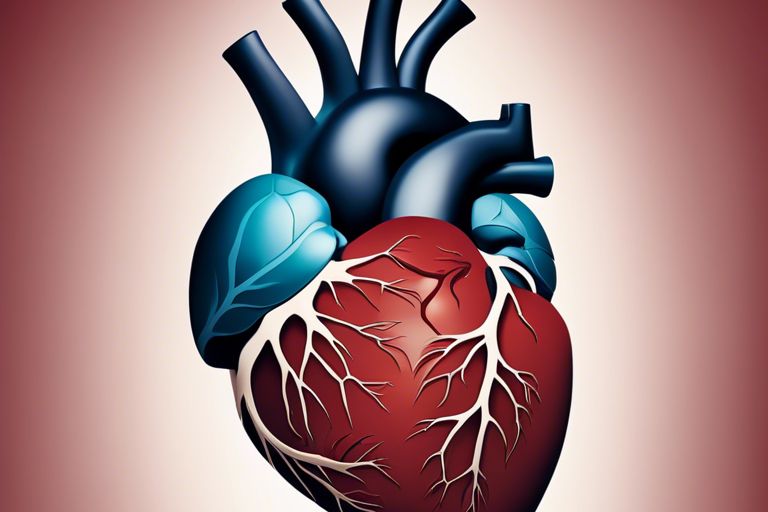
Positive Effects on Heart Health
Anti-Inflammatory Properties
While kratom is commonly known for its analgesic effects, it also possesses anti-inflammatory properties that can benefit heart health. Anti-inflammatory agents can help reduce inflammation in blood vessels and arteries, which is crucial for maintaining cardiovascular health. By lowering inflammation, kratom may contribute to a reduced risk of heart disease and related complications.
Antioxidant Effects
On top of its anti-inflammatory properties, kratom also exhibits strong antioxidant effects. Antioxidants are imperative in combating oxidative stress, a key factor in the development of various heart diseases. By neutralizing free radicals in the body, kratom can help protect the heart from damage and improve overall cardiovascular function.
For instance, the high concentration of antioxidants in kratom leaves, such as epicatechin and catechin, can help prevent lipid peroxidation and reduce the risk of atherosclerosis. These antioxidants work to maintain healthy blood vessels and promote proper blood flow, which are imperative for good heart health.
Potential Cardioprotective Mechanisms
Effects of kratom on heart health extend beyond its anti-inflammatory and antioxidant properties. This botanical substance may also exhibit potential cardioprotective mechanisms through various pathways, including regulating blood pressure, improving circulation, and reducing cholesterol levels. These combined effects can help reduce the risk of cardiovascular diseases and support overall heart health.
Negative Effects on Heart Health
Increased Heart Rate and Blood Pressure
Heart rate and blood pressure are important indicators of heart health. When using kratom, individuals may experience an increase in heart rate and blood pressure. This can put strain on the cardiovascular system, especially in individuals with preexisting heart conditions.
Cardiac Arrhythmias and Tachycardia
One of the potential negative effects of kratom on heart health is the development of cardiac arrhythmias and tachycardia. These conditions refer to irregular heart rhythms and rapid heartbeat, respectively, and can be concerning for overall heart function.
This can lead to a variety of symptoms such as palpitations, dizziness, and fainting, which can have serious consequences if not addressed promptly by a healthcare professional.
Interactions with Cardiovascular Medications
To ensure heart health, it is crucial to be aware of any interactions between kratom and cardiovascular medications. The use of kratom alongside certain medications, such as blood thinners or beta-blockers, can have dangerous consequences on heart health.
The interaction between kratom and these medications can lead to complications such as increased risk of bleeding, changes in heart rhythm, or decreased effectiveness of the medication, putting individuals at risk for serious health issues.
Risk Factors and Contraindications
Keep pre-existing heart conditions in mind when considering the effects of kratom on the heart. Individuals with underlying heart issues may be at a higher risk of experiencing adverse effects when consuming kratom. It is necessary to consult with a healthcare provider before using kratom to ensure safety, especially if you have a history of heart problems.
Pre-Existing Heart Conditions
One of the key risk factors associated with kratom use is its potential impact on individuals with pre-existing heart conditions. Kratom has stimulant properties that may increase heart rate and blood pressure, which can be problematic for those with cardiovascular issues. Any underlying heart condition should be carefully considered before using kratom, as it may exacerbate existing problems.
Kratom Interactions with Other Substances
The interaction of kratom with other substances can also pose risks to heart health. Kratom may interact with medications or recreational substances in ways that could impact cardiovascular function. It is crucial to be aware of potential interactions and consult with a healthcare professional to avoid any adverse effects on the heart.
Heart health is a crucial consideration when exploring the effects of kratom on the body. Understanding how kratom interacts with other substances can help individuals make informed decisions about its use and minimize any potential risks to heart function.
Age and Health Status Considerations
For individuals of all ages, considering health status is vital when assessing the impacts of kratom on the heart. Factors such as overall health, existing medical conditions, and age can influence how kratom affects cardiovascular health. This information is necessary for individuals to make informed decisions about kratom use.
This underscores the importance of evaluating individual health status and considering age-related factors when examining the potential effects of kratom on the heart. By taking these considerations into account, individuals can better understand the potential risks and benefits of kratom use for their cardiovascular health.
Final Words
Presently, research regarding kratom’s effects on the heart is limited, and more studies are needed to fully understand its potential impact. While some research suggests that kratom may have adverse effects on the cardiovascular system, other studies have shown conflicting results. It is important for individuals using kratom to be cautious and monitor their heart health, especially if they have preexisting heart conditions. Consulting with a healthcare provider before using kratom is recommended to ensure safety and minimize any potential risks.
Can Low Potassium Levels from Kratom Use Affect the Heart?
Yes, low potassium levels from kratom use can affect the heart. Kratom can lead to low potassium levels, increasing the risk of heart rhythm disturbances and other cardiovascular issues. It’s important for kratom users to be aware of this potential kratom and low potassium risk and monitor their potassium levels closely.
FAQ
Q: What are the effects of kratom on the heart?
A: Kratom can have various effects on the heart, including increased heart rate, elevated blood pressure, and potential cardiovascular risks.
Q: Can kratom cause heart palpitations?
A: Yes, kratom consumption has been linked to heart palpitations in some individuals, especially at higher doses or in susceptible individuals.
Q: How does kratom impact blood pressure?
A: Kratom has the potential to raise blood pressure due to its stimulant effects on the body, which can be concerning for individuals with existing hypertension or cardiovascular issues.
Q: Are there any risks of heart-related complications from using kratom?
A: Yes, using kratom can pose risks for individuals with underlying heart conditions, as it may exacerbate symptoms or lead to adverse effects on the cardiovascular system.
Q: What precautions should individuals with heart conditions take when using kratom?
A: Individuals with heart conditions should consult with a healthcare provider before using kratom, start with low doses, monitor their heart rate and blood pressure, and be aware of potential interactions with medications that affect the heart.



